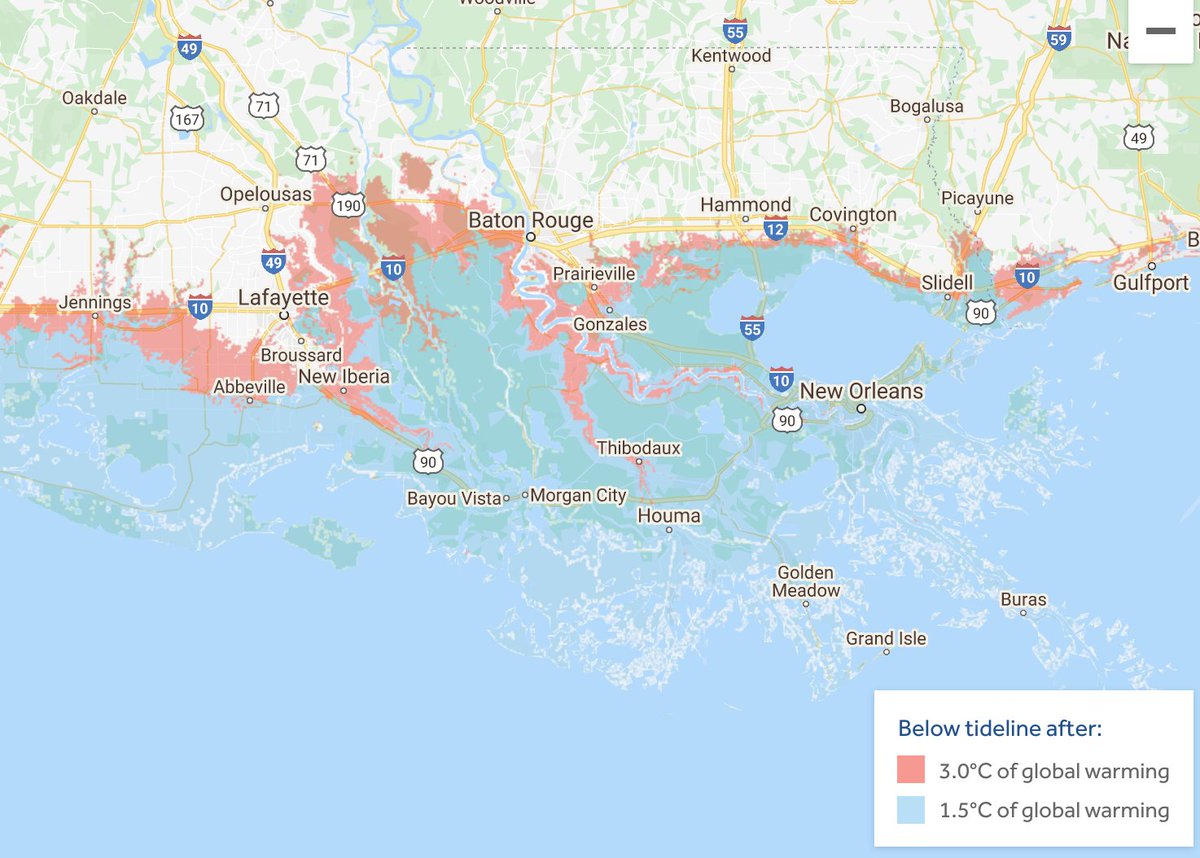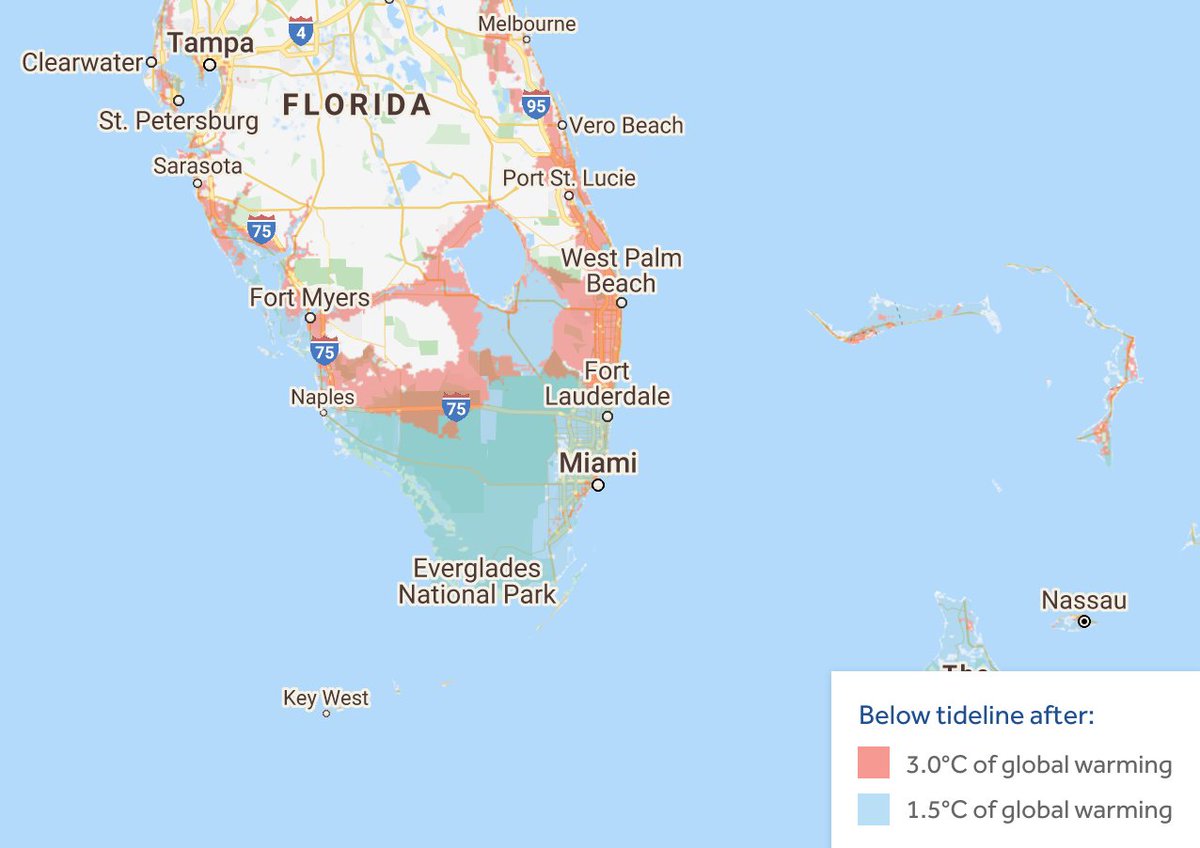
The part west of the mountain chain is Transylvania, where the Hungarians hid after they decided to stop marauding. They even hired Germans to build cities in the mountain passes to protect them from the next set of nomadic steppe raiders to get a gleam in their eye and head west
https://twitter.com/Locati0ns/status/1449046611447844866
The strategy held until the first Mongol invasion. By that point the settled Hungarians had gotten soft and forgotten how to steppe nomad, so the Mongols ate their goulash. After that, Hungary doubled down on the "make Germans come and build fortified cities" strategy. It worked!
These fortified Saxon cities built as Mongol repellent are the reason Transylvania is called "Seven Cities" in many languages. The point of all this is that you should visit Transylvania if you can, because you can eat Hungarian food in lovely Saxon cities with Romanian wine.
Also during the Mongol invasions a big horde of pagan Turks showed up begging for shelter, and the Hungarians were cool with it. They completely assimilated (just as the O.G. Hungarians had done) by the 19th century, adding irony to the current Hungarian freakout against refugees
The Hungarian decision to settle down and do some agriculture surrounded by the biggest mountains available stands in sharp contrast to the Polish approach of "eh, let's just build on the flat part that connects Europe to Asia and see what happens." 

The other great reason to visit the region is that you can use this ATM and talk to yourself like Dracula. "I vant to make a vitdrawal, aha ha ha ha" 

• • •
Missing some Tweet in this thread? You can try to
force a refresh










